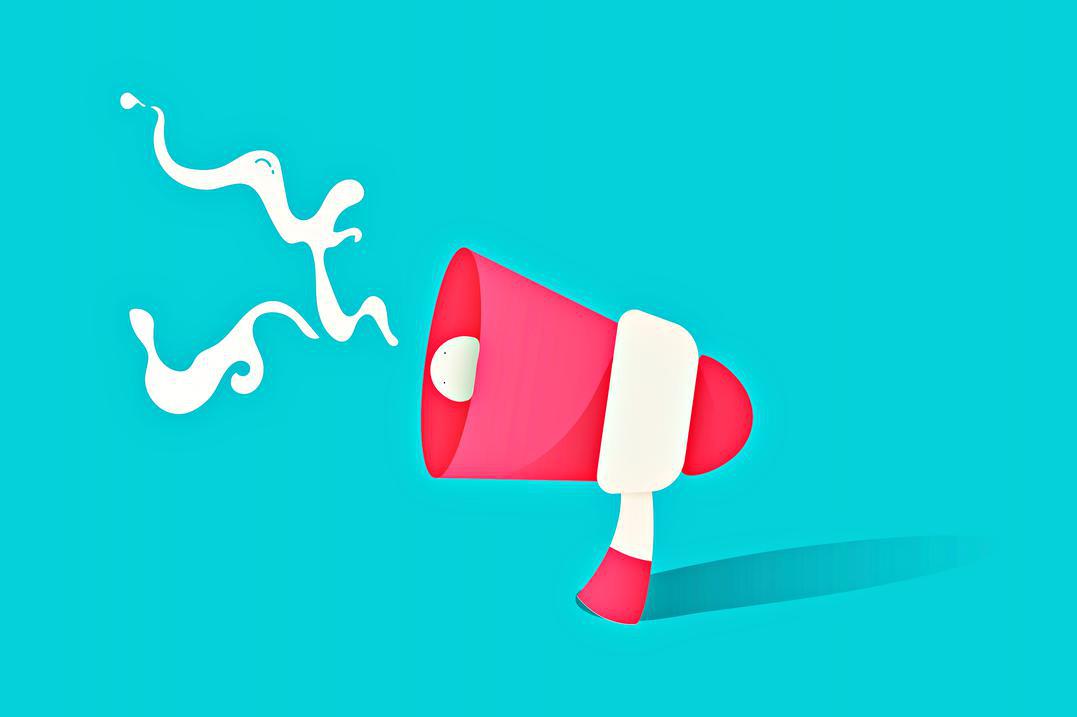Notice is a tragedy of modern life. We are getting conditions for increasingly checking the warnings. That behavior may be extremely difficult to resist. The notice brings distracting to make you consume brain energy. They will make life and work better if they are smarter. Currently, the warnings are draining and makes us stressful.
The cravings are continuously stimulated and the immediate satisfaction of the brain creates something called "forced loop" - a series of activity designed in a habit that will be repeated to achieve. Neurological rewards such as releasing dopamine. “Whenever you check your email, regularly you will receive a hit, some great emails received. That happens according to a random schedule. In psychology, it is called random consolidation and that is enough to strengthen behavior, ”said Gloria Mark, a professor of informatics at the University of California.
Images and sounds of notifications are making us exhaustion. The message is consuming our energy, the ability to integrate and rob our best job. Some studies have suggested that an average person checks their phone 150 times a day.
You already know the announcement is distracting you but you convince yourself that they help you update everything and you don't click on them every time they turn on. Steve Glaveski, CEO and co -founder of Collective Campus wrote: “Whether you follow a notice or not, your thinking process will definitely be interrupted by you noticing, processing and processing Determine if there is a notice response or not.
According to a study from the University of California, Irvine, after a notice forced you to switch between missions, it could take about 23 minutes to return to the mission.
Social warnings, work, news, products and real -time weather can make you go crazy because you are often interrupted - not to mention your device burning due to all activities.
Your concentration is affected when the mobile device emits a beep, blinking or pressing red numbers on your face. The notice is designed to attract your attention and create an urgent feeling. But the frequency of these interrupts is really urgent? Almost never.
According to the study, even a phone on your table may cause distraction if you want to take super high focus. The simple presence of any phone reduces your ability to focus or create your better connection.
In their books, The District Mind: Ancient Brains in a High-Tech World, Adam Gazzaley and Larry D Rosen explained, “A recent study by Professor Bill Thornton and his colleagues at Nam Maine University It has proven that when performing complex tasks that require our complete attention even if only the phone of the tester (not the participant's phone) has led to distraction. and worse performance. In the same study, the presence of a student's abbreviation phone in the classroom has the same negative impact on attention. ”
I often woke up, accidentally looked at my phone and immediately drowned in the meaningless notification line. Countless notifications in your morning (when you are most active) can easily consume energy you need to do the best and the highest priority job in the morning.
Good news is that you have the right to choose to change that - proactively about how you manage the notice. You can consider the level you want to hear from your applications and make control decisions or stop alerts. Some applications may have notification controls in their own settings, find them and change the warning frequency or better than turn off the notification and warning sound on the lock screen.
If real -time work notice is extremely important, you can decide the frequency you want to receive them - every 15 minutes or half an hour, especially if you do not want to miss the group's updates. . Most group updates do not require immediate action - they can wait. Change your application notification to reflect your personal goals. Create a peaceful, free, freedom, creativity and uninterrupted space to get the job done on time.
For in -depth work or when you need temporary rest after all interruptions, use the mode that does not bother to benefit you. This will help you not waste time. It will also avoid the feeling of exhaustion that many of us have at the end of every day.
By intentionally about our relationship with technology, we can work more effectively, use brain energy for jobs with high priority and do more things. Choose less reaction and intentional about where you invest time and your attention. And always remember the spell: "Not everything is urgent."
The protection of your cognitive resource depends on you. The more you do to minimize the change of work during the day, the more mental energy you have for activities is really important to you.
